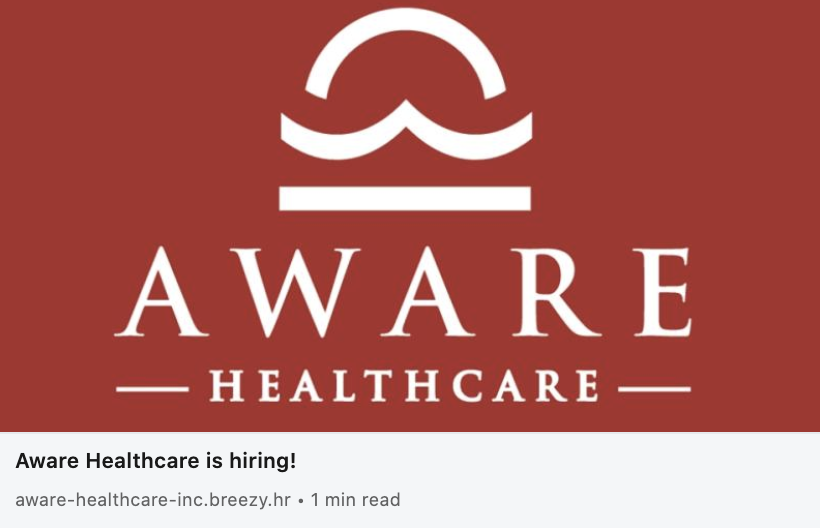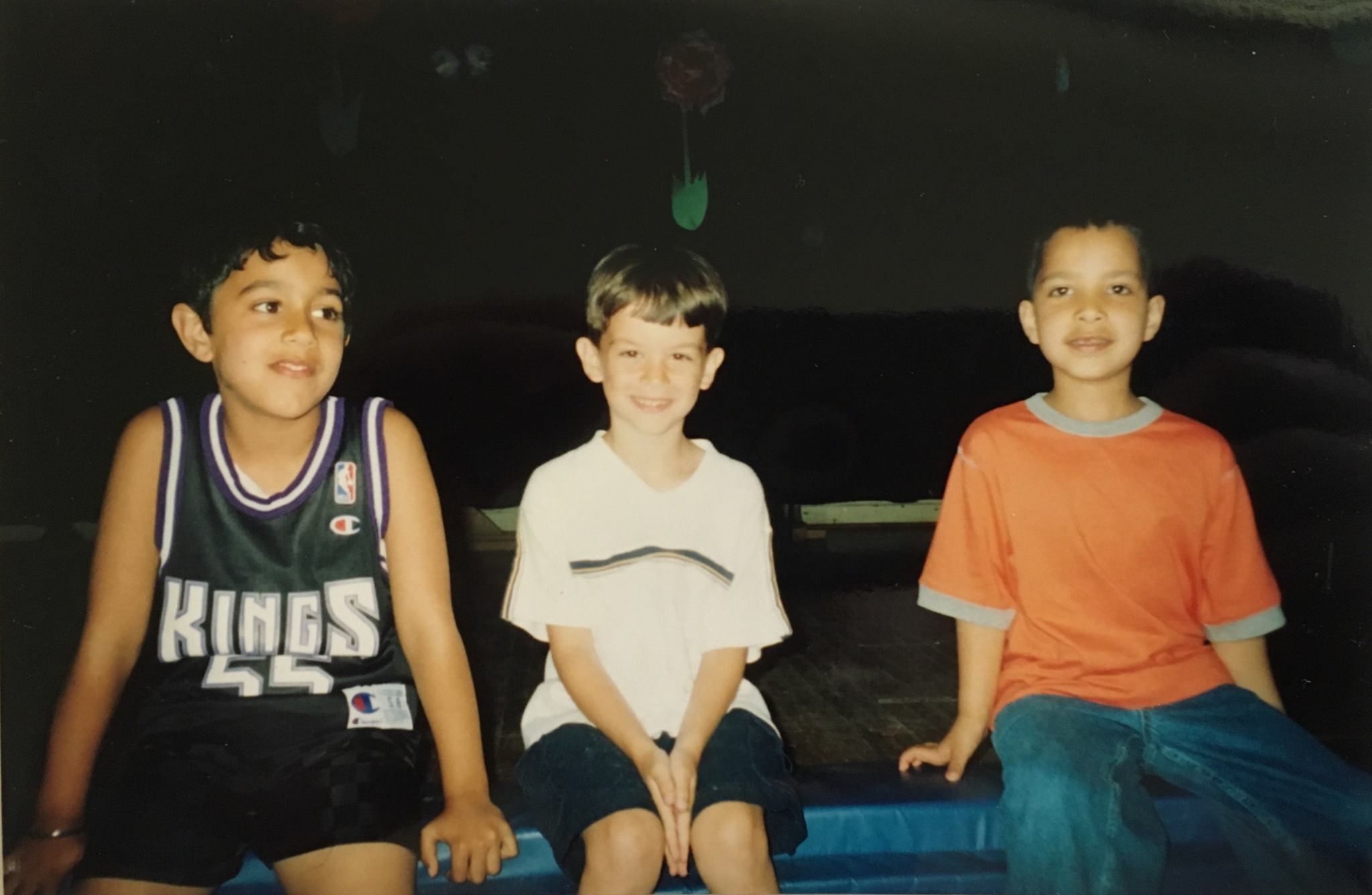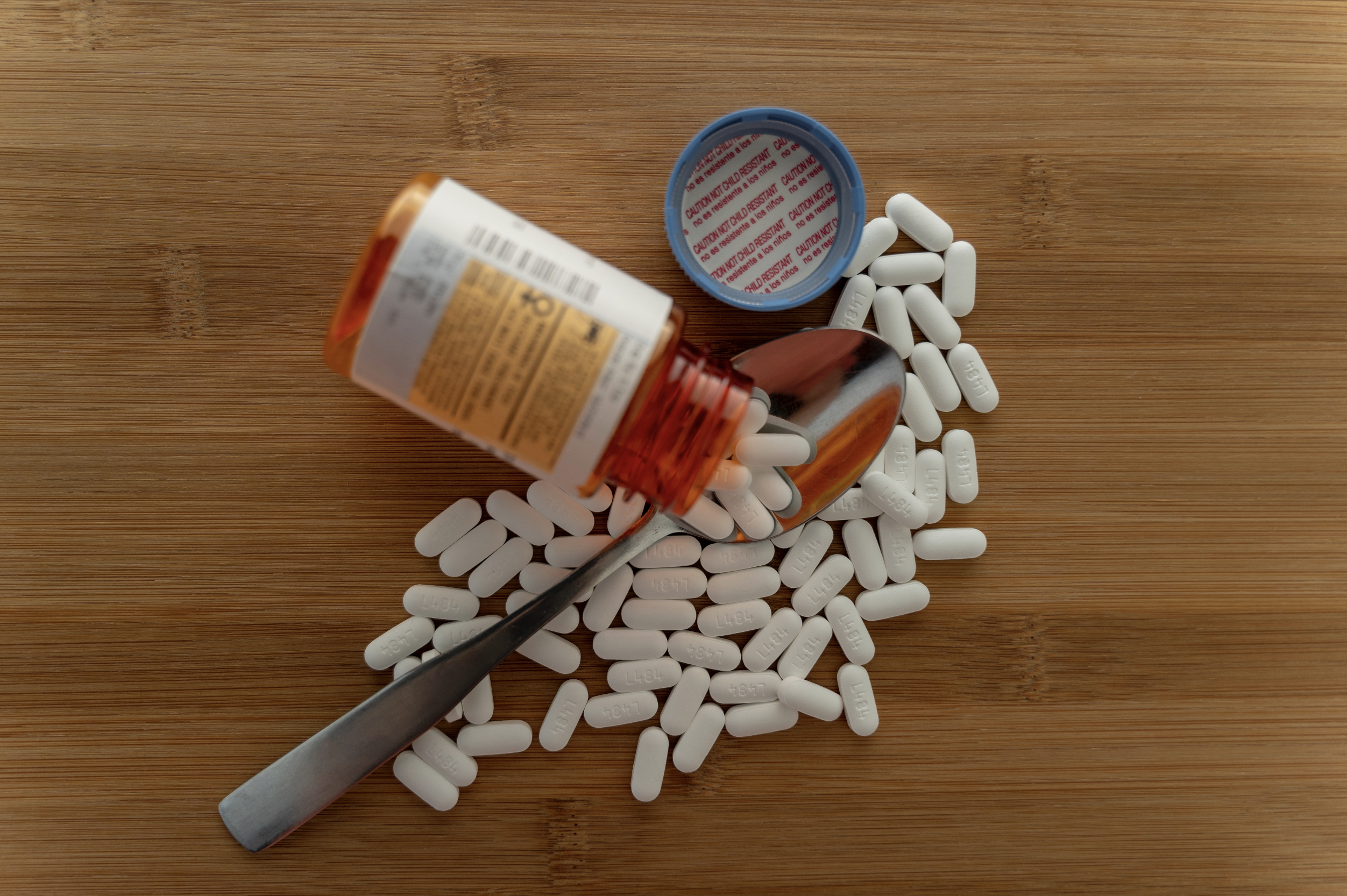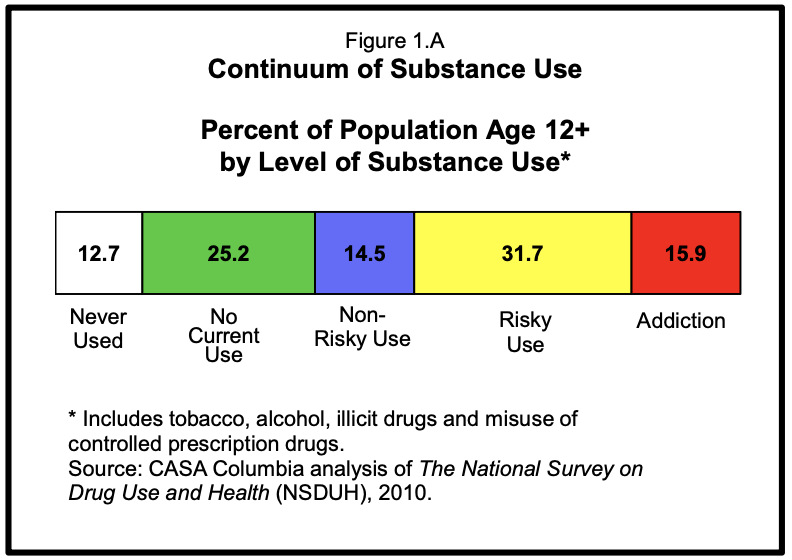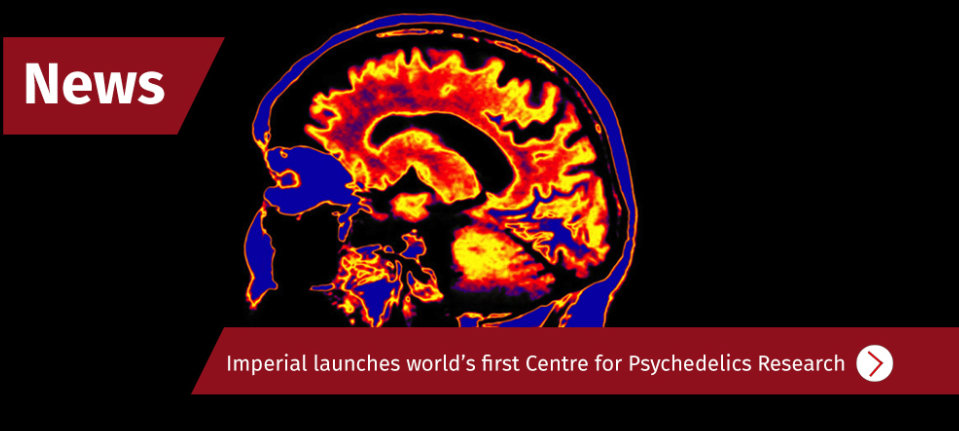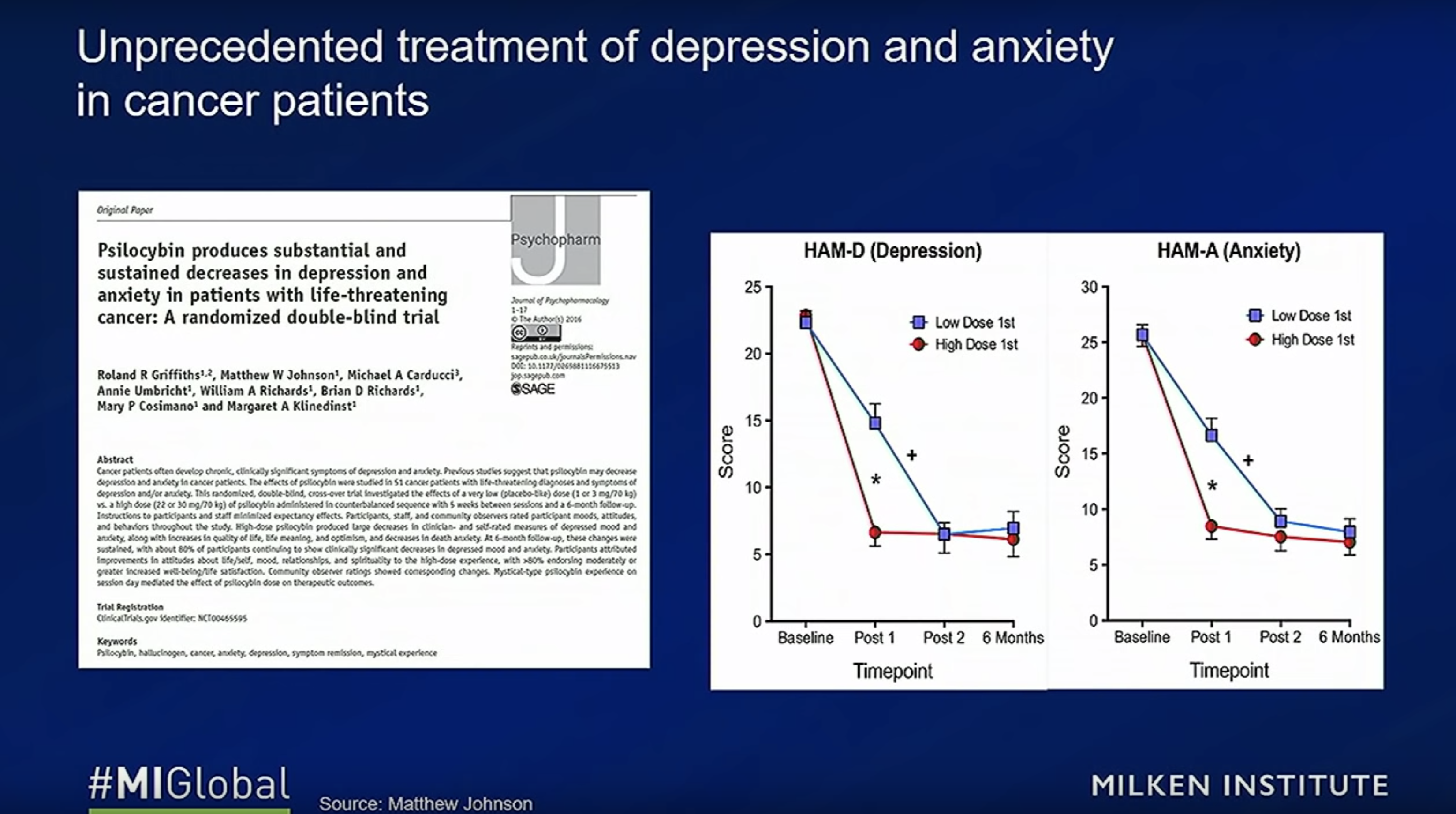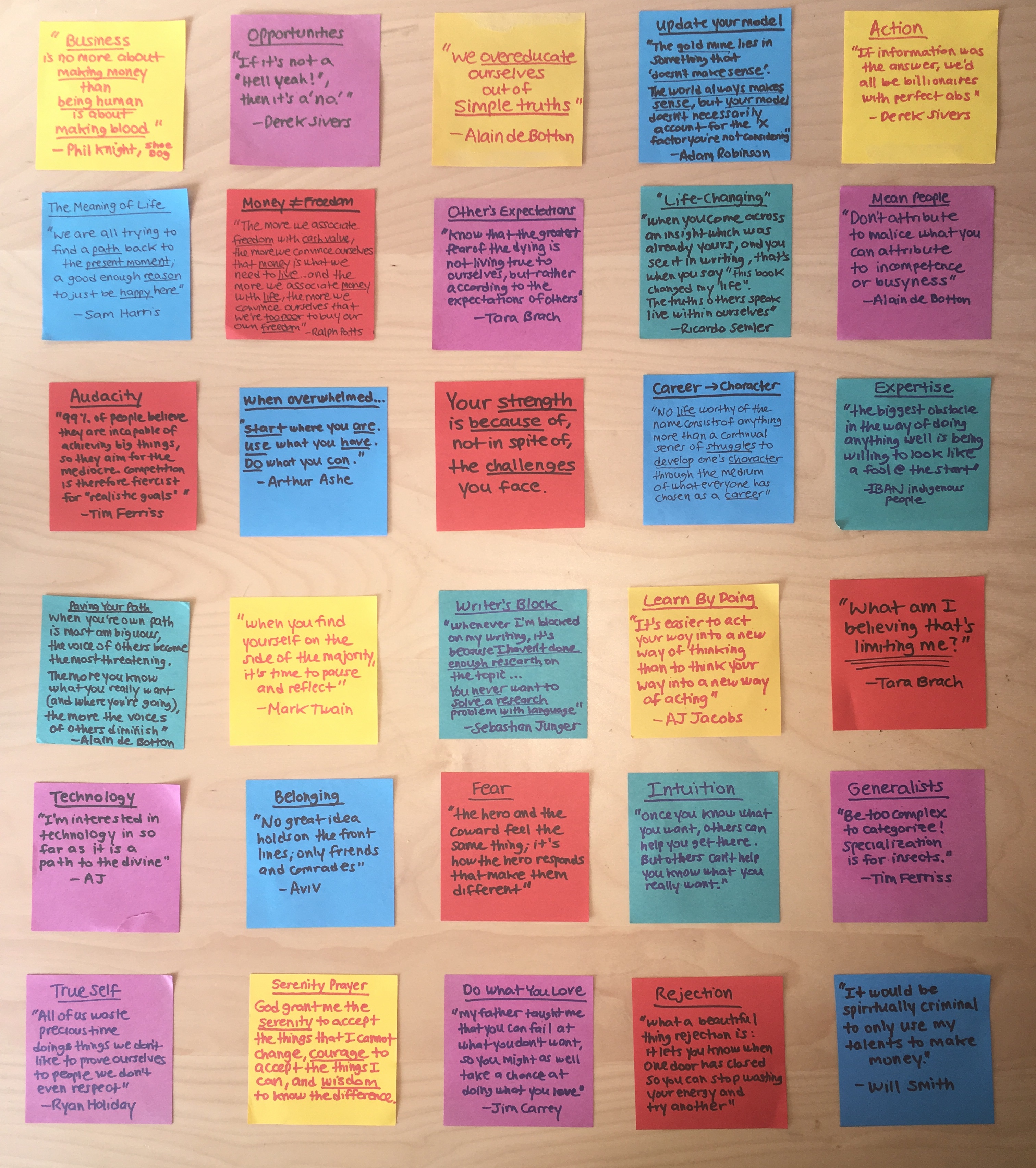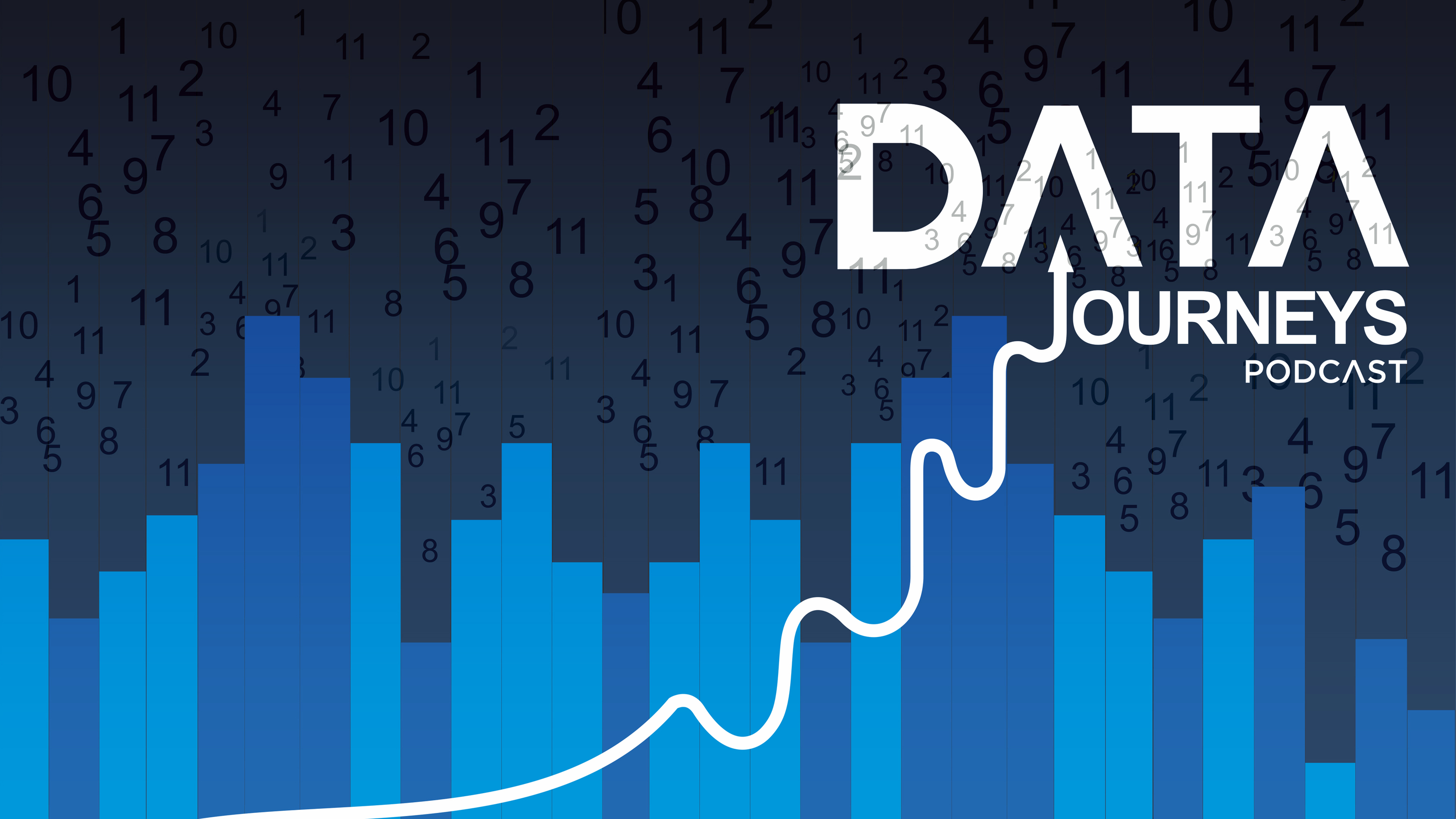(5 minute read)

As the founder of this company, I think it’s important for me to share why mental health is so personally important to me, and how I’ve experienced the problems we’re solving first-hand.
Childhood
Growing up, both my parents struggled with mental health issues, and I was often on the receiving end of their pain.
Starting at 8 years old, my Uncle would take me across the bridge to Philadelphia to watch Phillies baseball games. One day, I remember him explaining to me that he could predict the likelihood my favorite player (Ryan Howard) would hit a home run, or my favorite pitcher (Cole Hamels) would strike someone out. I thought it was black magic and called him a wizard. He told me it was statistics and some called it data science. Immediately, I was in love. Anticipating what was going to happen next was so satisfying to me because, in contrast to the chaos back home, data science provided a way to predict the future.
At 12 years old, I continued seeking control amidst the chaos by starting my 1st business: a tennis lesson service business called Supreme Tennis. My home life was teaching me that vulnerability meant weakness and I couldn’t trust anyone else but myself, so making my own money gave me the independence I craved. Supreme Tennis was the one thing in my life I had complete control over, and the more the business prospered, the less my chaotic home life held me back. By 15 years old I was on track for my first six-figure year. And at 18 years old I sold the business and left for college to the University of Michigan.
Meditation
At 19 years old I traveled outside of North America for the first time, fell in love with a woman in Israel, and experienced my very first heartbreak upon returning back home to Michigan. The next four months were the darkest of my life… and what I would later recognize as my first major depressive episode. Then on the final day of my Sophomore year, desperate for forward motion and coming off a harsh Michigan winter, I set a goal to start meditating everyday. Even with the best statistics in the world, I could have never predicted what would happen next.
At 20 years old, daily meditation had not only helped heal my depression, but also had a series of other cascading effects on my work and life (more here). First, meditation led me to San Francisco, where I had the opportunity to work with Calm: a startup of 15 people at the time that would later become the first mental health unicorn, valued at over $1 billion dollars. Second, meditation led me to travel the world, where I spent 6 months backpacking through over a dozen third-world countries, and living off the land for weeks at a time with indigenous tribes (more here). And third, meditation led me to start my 2nd business: a data science consultancy for mental health technology companies called Conscious Insights, where I had the privilege to help grow 8 startups into top digital health brands over 3 years.
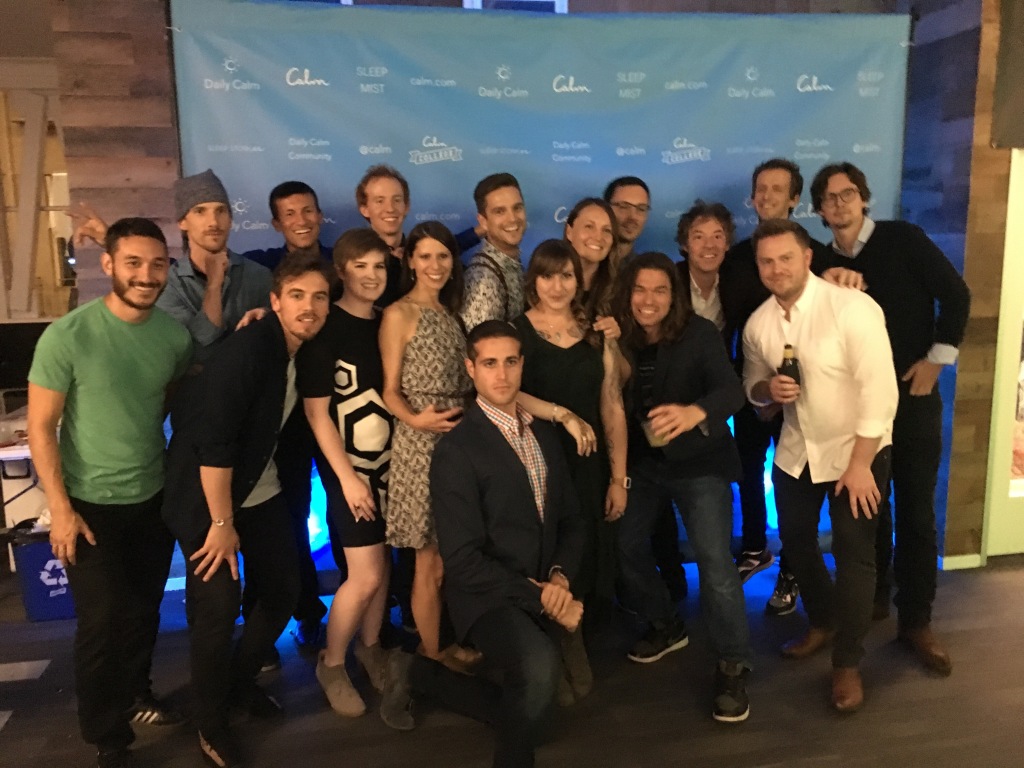

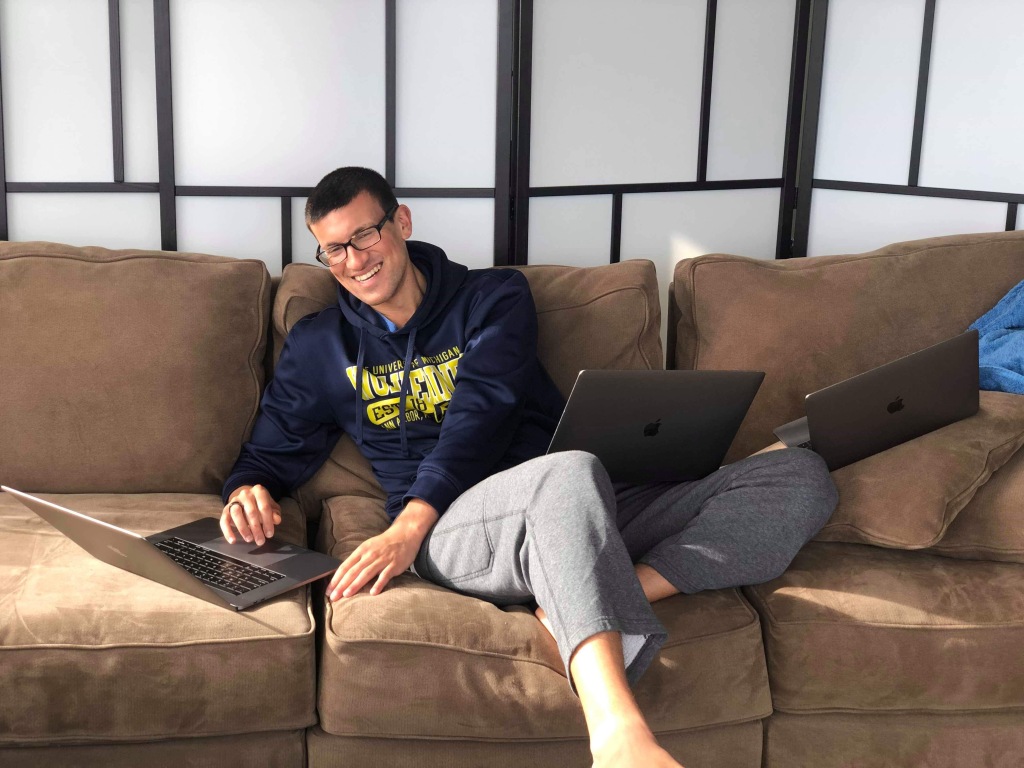
Starting Aware
At 23 years old, after learning from so many brilliant people at the likes of Calm, Oura, Akili, Oak, Spire, Hopelab, and others, I decided to break out on my own and start my own mental health startup; what would later become Aware Healthcare. Then at 24 years old, while raising Aware’s first round of outside capital — $1.5mm in 6 intense weeks — I experienced my first panic attack. None of the coping mechanisms I could usually rely on — meditation, exercise, journaling, cooking, reading, or sleeping — were able to hold back the flood of stress that came with having millions of dollars up-in-the-air. It became clear that I could no longer just manage my symptoms of depression and anxiety, but rather had to heal the underlying root-causes. So I decided to seek out a professional, and began my first serious experience with psychotherapy.
Seeking Therapy
But first, I struggled with access. In my search for the right therapist, at one point I emailed 150 practitioners from my insurances’ online provider directory. In each email, I asked 3 questions. (1) if they had any availability, (2) if they took my insurance, and (3) if they used treatment based on science. Nobody was able to answer yes to all 3 questions. Being in a vulnerable state, I found reaching out for help to be difficult, and then not finding anyone to be devastating. Yet, something told me I couldn’t just give up on therapy. So I compromised, and agreed to start seeing therapists who didn’t take insurance, for as long as it took to find someone in-network.
But then, I struggled with quality. As I started trying different therapists, I would begin each relationship by asking simple questions like “how will I know I’m getting better?” and “what can I expect by when?”. To my surprise, these questions were met with blank stares or non-answers. By everyone I asked, I was told “you’ll just know” and “there’s just no way to be sure”. As a data scientist, these responses infuriated me. Can you imagine going to a doctor, them recommending surgery, you asking if it’ll work, and them responding “not sure, we’ll see”? That’s what therapy is like today. The fact that therapists had no way to know if I was making progress gave me low confidence I could trust them with my pain, let alone my time and money.
Evolving Aware
After struggling for months with access and quality, I was forced to abandon the idea of using my insurance altogether, and swallow the idea of paying $150-$250/session indefinitely. Unlike most, I had this privilege. So over the next 6 months, I proceeded to see 12 different therapists and experiment with 8 different types of therapy.
Eventually, after 6 months and $20,000 of experiments, I found the right therapist for me, who I’m happy to say I still see today. But it should have never been this hard. Yet, looking back now, it feels like it was worth it. Because through navigating the process of finding quality therapists a dozen times, I learned as much about what is broken about America’s mental health care system as how to fix it. And, as a direct result of my own personal experience with the problem, I decided to evolve Aware Healthcare as a business, from a data technology for healthcare providers to a data-driven network of therapists. Aware, as it exists today, was born.
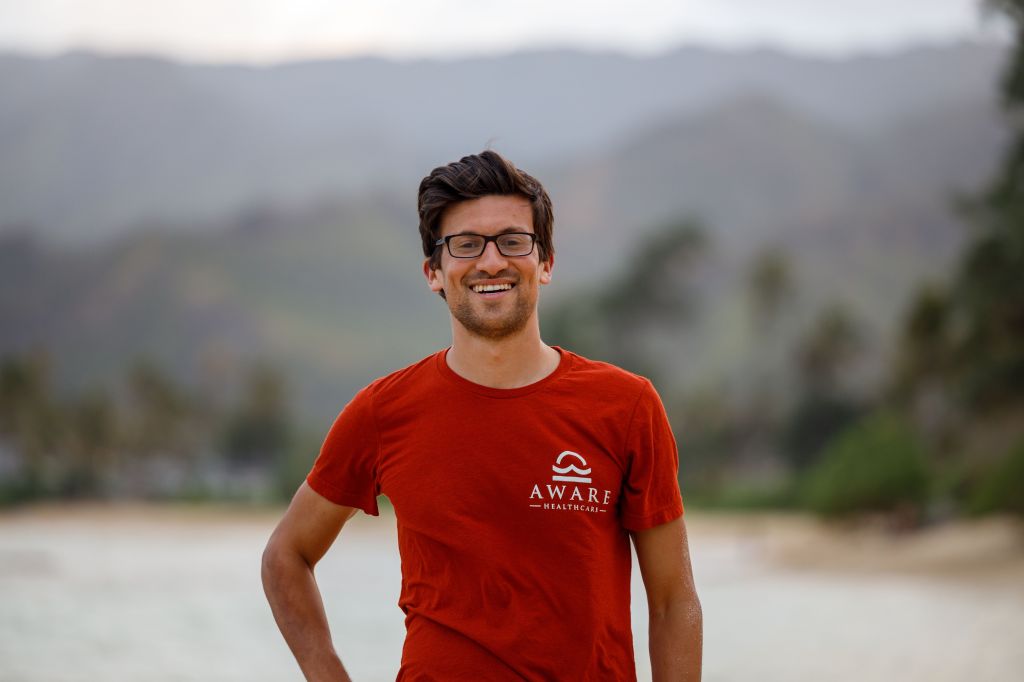
Looking Back
I’ve come a long way from those Phillies games, and sometimes I imagine talking to that 8 year old kid and showing him where he’d end up going. That he’d be okay. When I started my first business at 12 years old, I could have never imagined how much of a full-body sport entrepreneurship would be, and how much I would grow as a result. But the greatest surprise didn’t come until I started struggling with my own mental health at 19 years old, and daily meditation sparked a whole new personal and professional path for me. 2200+ days later, I’m still meditating every day.
Today, my (1) love for data science, (2) experience with business building, and (3) commitment to mental health have together brought me to Aware Healthcare.
This is me sharing my story, because I know I’m not alone.
Join Us
If this story resonated with you, please reach out, and let’s see what we can build together.
All of our open roles can be found here:
https://www.awarehc.com/careers
Join us, and help create a world where quality mental health care is not a privilege, but a promise. Together, we can build a new mental health care system, where stories like mine become the exception, not the rule, and everyone gets the quality care they deserve.
Thank you,

AJ Goldstein
Founder & CEO
Aware Healthcare



